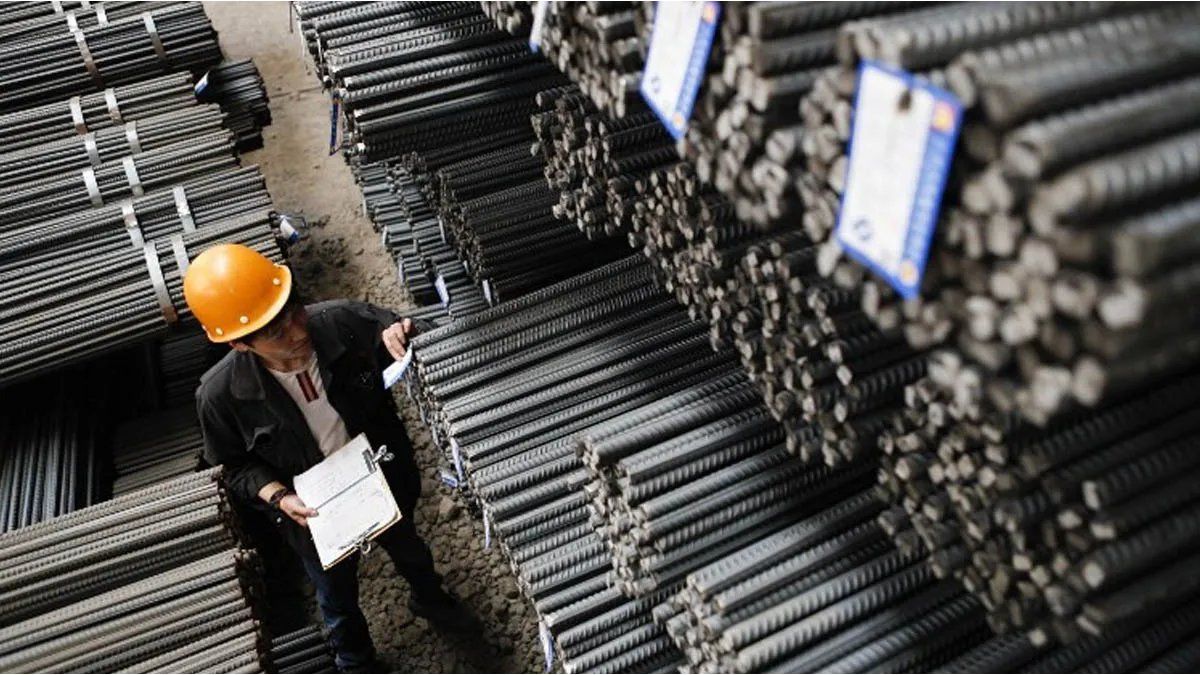Today is a day of struggle, of protest, a constant fight that has been going on for decades, if not centuries, for equality.
If you are reading this column, I am almost certain of two things: are you a woman or a dissident and you already know something – or quite a bit – about feminism. And yes, feminism was undoubtedly linked to 8M. Some time ago this day stopped being a congratulation to the genetic lottery of having been born with an extra leg on a pair of chromosomes. Today is a day of struggle, of protesta constant fight that has been going on for decades, if not centuries, for equality and that each generation of women and dissidents took a little further, breaking with the status quo.
The content you want to access is exclusive to subscribers.
From economics, the topic of gender is widely discussed and the growth of literature in recent years led to even last year Claudia Goldin win a Nobel Prize for his contributions to understanding wage gaps. Today concepts like “glass ceiling”, “gender gap” and The recognition of work at home as unpaid work are ideas that transcend specialized literature and become, without losing seriousness, part of the daily debate, taking place in coffee chats and discussions with grandmothers.


The income gap between men and women
Some updated information to keep in mind: The income gap between men and women for the last quarter of 2023 was 26.4% and, at equal qualification levels, it stands at 20.0%.
69% of unpaid domestic and care tasks are carried out by women and, on average, they mean about 6 additional hours of work (versus about 3 in men).
The glass ceiling is still in force: Only two out of ten hierarchical positions are occupied by women. And although there are some improvements, there is still a long way to go.
This 8M It is also colored by recession. The economic crisis we are going through and the adjustment is no stranger to anyone, least of all women. The crisis impacts in multiple ways: lower demand for employment, increase in informality, lower salaries and in general greater instability; all factors that are accentuated being a woman and that have a negative impact on the indicators mentioned above. This impact does not only occur at the employment level but extends to all areas: gender violence tends to increase and the burden of hours of paid and unpaid work also tends to increase.
However, all is not lost. In times where individualism is imposed as a doctrine and fatigue weighs, the formation of bonds between women also resurfaces. Times of crisis generate that: containment networks. And the women, for whom it is always a time of crisis, we know that. The networks created between us, those built by grandmothers, mothers, aunts, friends, colleagues, are what sustain us on a daily basis and those bonds grow and strengthen with each new attack. Faced with a complex world, women are a community and from the community we build and fight, even if times dictate otherwise. It’s together.
Source: Ambito
David William is a talented author who has made a name for himself in the world of writing. He is a professional author who writes on a wide range of topics, from general interest to opinion news. David is currently working as a writer at 24 hours worlds where he brings his unique perspective and in-depth research to his articles, making them both informative and engaging.




